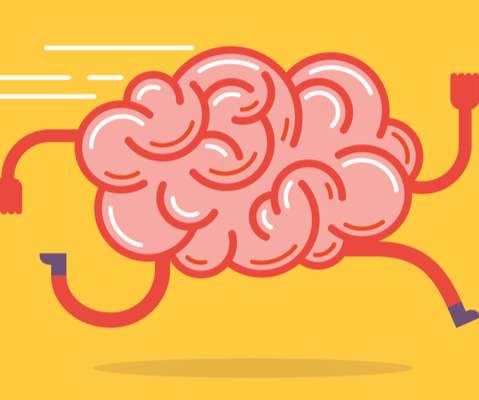The Crucial Role of Emotions and “Skilled” Intuitions in Learning
KnowledgeOne
MAY 22, 2024
The social dimension of learning is another reality that is interwoven with this emotional dimension and can no longer be ignored. This new data is ready to take its place in the field, and researchers are making remarkable efforts to popularize it.


















Let's personalize your content